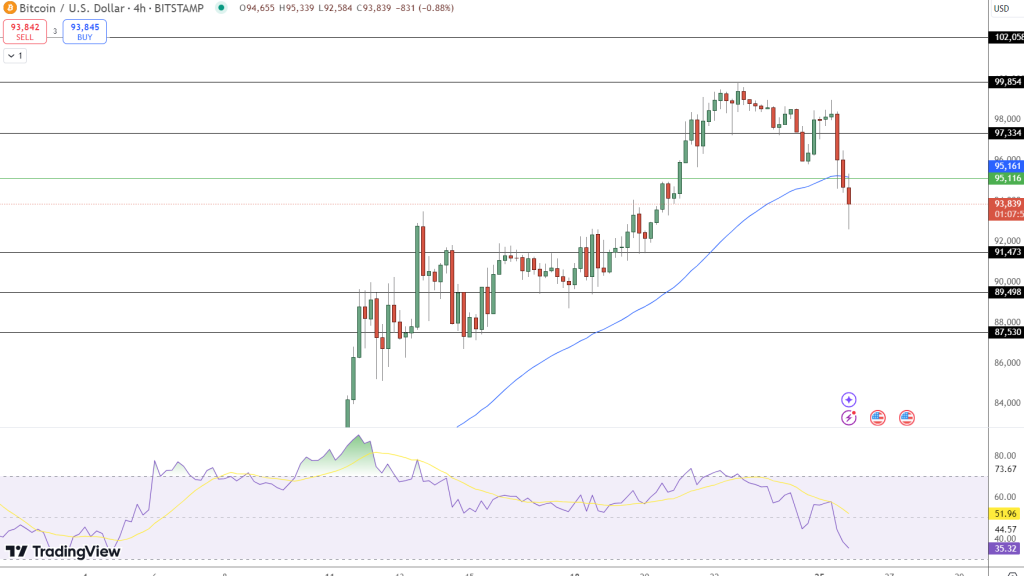Last updated:
 Why Trust Cryptonews
Why Trust Cryptonews

A Chinese court has ruled that cryptocurrency cannot be used as a form of wage payment, reaffirming its legal status as distinct from fiat currency and outside the protections of labor laws.
According to a recent report by Shenzhen Special Zone Daily, the Shenzhen Qianhai Cooperation Zone People’s Court addressed the issue in a labor dispute involving claims for unpaid wages in crypto.
Judge Warns Against Crypto in Wage Payments
The dispute arose when Zhou, a senior engineer previously employed by a tech company, claimed that part of his agreed salary was to be paid in cryptocurrency.
Zhou alleged that his employer failed to honor the agreement, which included monthly payments of 25,000 yuan in USDT alongside a 20,000 yuan bank transfer. The company disputed this claim, denying any formal agreement to pay wages in crypto.
The court referenced a 2021 notice issued by multiple Chinese government bodies, which declared crypto as lacking the legal status of fiat currency. It reaffirmed that wages must be paid in legal tender, per national labor laws. Agreements involving crypto payments, the court said, cannot override these regulations.
The court found insufficient evidence to support the employee’s claim that crypto payments were part of the employment contract. It noted that while crypto can hold value, its use as a wage standard violates public policy and existing financial laws.
Zhou appealed the decision, but the Shenzhen Intermediate People’s Court upheld the original ruling.
Judge Zhao Junjun reiterated that employers and employees should refrain from including crypto in wage agreements, emphasizing that such arrangements violate labor laws and lack legal protections.
Former Digital Yuan Chief Yao Qian Charged with Bribery
Yao Qian, a prominent figure in China’s digital currency development and former head of the Science and Technology Supervision Department at the China Securities Regulatory Commission, recently faced prosecution for allegations of crypto bribery.
The Central Commission for Discipline Inspection (CCDI) and the National Supervisory Commission revealed charges against Yao, accusing him of using digital currencies to facilitate bribes and abusing his position for financial gain.





